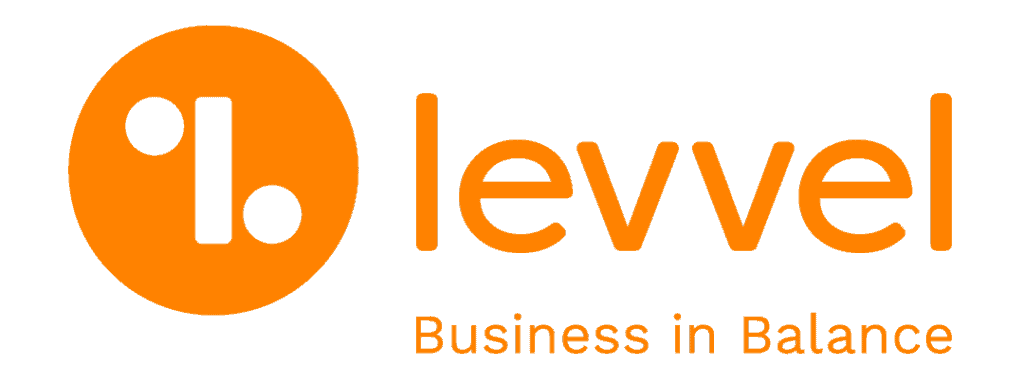The reality of an intergenerational workforce poses a unique challenge: how to bridge a chasm of differences to run an efficient team. Research from Deloitte highlights the significance of effectively managing multigenerational teams, with 70% of organizations recognizing its importance for success in the near future. Surprisingly, only 10% of these organizations feel adequately prepared to address this trend.
In today’s workforce, different generations often compete for similar roles. Perhaps you lead both older and younger team members. If not handled with care and discretion, this can lead to resentment and lack of cohesion. Tensions can mount if employees feel their contributions are not being appreciated.
Variations in views regarding communication preferences, work ethics and expectations, work-life balance, and management styles are prevalent when dealing with different age groups. Learning how to collaborate with and appreciate the unique preferences, habits, and behaviours of colleagues who grew up in different times than ourselves, can be a challenge within a workplace. However, it can also be an exciting opportunity to learn from one another and grow into a strong team.

How to Leverage Age Diversity into a Cohesive Team
When understanding is lacking, stereotypes can form, and leaders must challenge and dispel stereotypes that can hinder collaboration.
Assumptions about the characteristics of a different generation can lead to being judged, or at least feeling that way, when working on a team. Challenging these stereotypes can promote better understanding. Realizing what biases and assumptions we hold is the first step. Just as organizations have DEI programs, tools, and exercises to root out biases and anticipate and diffuse conflict, so should age diversity hold to the same standards and practices. Is bias possibly interfering with equitable access to employment in your workplace?
Be open to finding out which communication preferences each member has, to make them more comfortable. Work on increasing collaboration between all members of the team. Find common ground, to create a unified group.
Ensure that each team member gets heard, has a voice, and can contribute to the team’s effectiveness. Encourage the notion that diversity creates a stronger, more well-rounded team. Every generation brings characteristics and knowledge to the table that others can learn from. The practice of two-way, cross-generational mentoring can promote an exchange of minds that might otherwise be untapped.
Understanding and acceptance of the differences between generations can promote a healthy, vibrant team ready to tackle the challenges of today’s rapidly changing world. Use the contrasts in background and experiences to build a solid team and take advantage of the diversity and results that can come out of your intergenerational team.
For companies seeking an unbiased evaluation of each employee’s strengths, regardless of age. Levvel offers comprehensive talent services. Contact us to learn more about how we can assist your organization in building a diverse and high-performing team.
~ Reach out to Connect@levvel.ca


